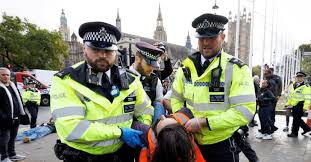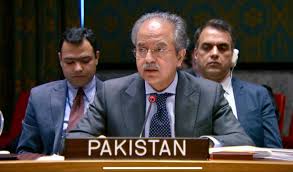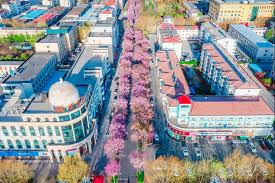UK resumes bid for tougher police powers over street protests

London: Britain has revived its attempt to give police wider powers to impose conditions on street protests, a decision that a civil rights group said showed a worrying disregard for the rule of law.
The group, Liberty, successfully challenged the changes to public order laws made by the country’s previous Conservative government. London’s High Court ruled in May that the government exceeded its powers by lowering the threshold for police to impose conditions.
The interior ministry’s appeal against the ruling was delayed in July – shortly after Labour won a parliamentary election – to allow for talks with Liberty about the change.
Britain’s new government this month decided to pursue the appeal which Liberty director Akiko Hart said was a disappointing decision.
A spokesperson for the interior ministry said all public order legislation had to be balanced against the fundamental right to protest.
“However, we disagree with the court’s ruling in this case and have appealed their decision,” the spokesperson said.
Liberty’s case focused on the Public Order Act, under which police can impose conditions on a protest which could cause “serious disruption to the life of the community”. The law was amended last year to allow police to impose conditions where a protest could cause “more than minor” disruption.
Liberty said the new powers gave police almost unlimited powers to shut down protests, citing the arrest in Britain of Swedish climate activist Greta Thunberg, who was later acquitted.
The High Court ruled the new powers were unlawful, but put the quashing of the new powers on hold pending appeal.





